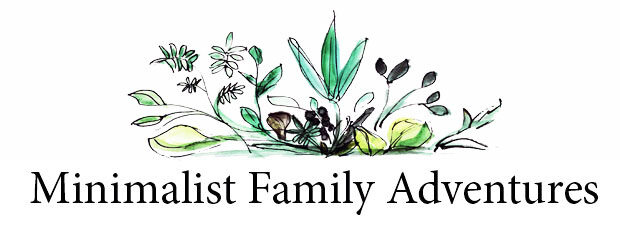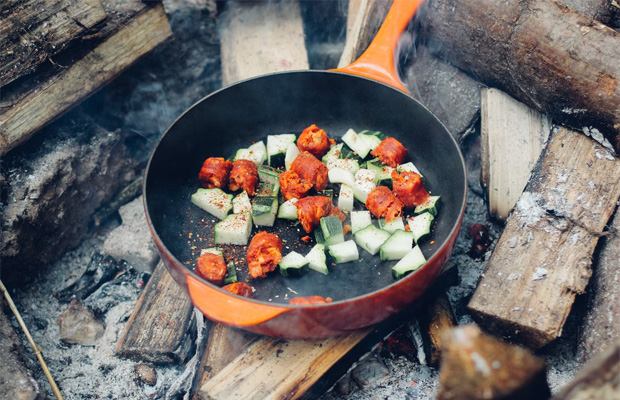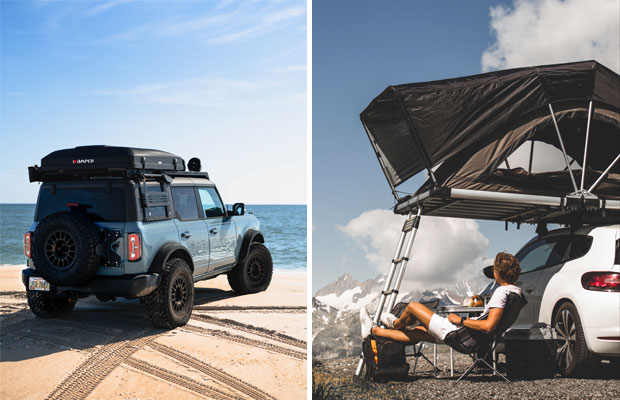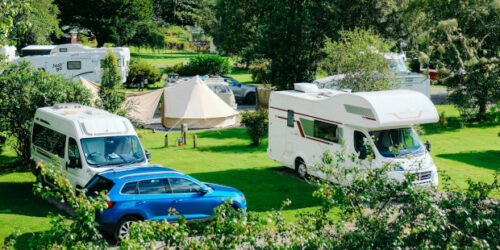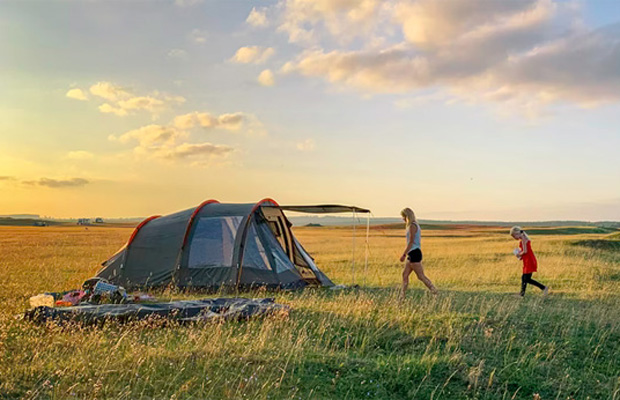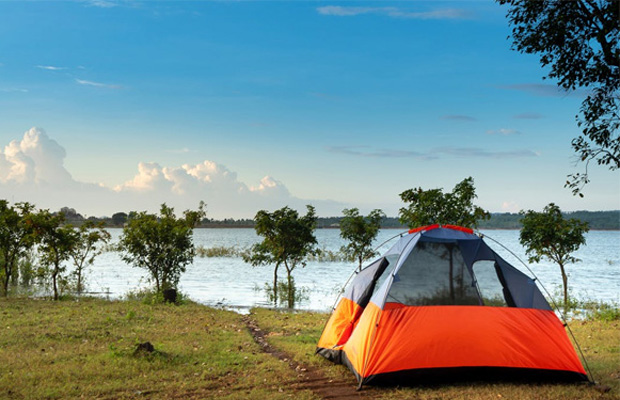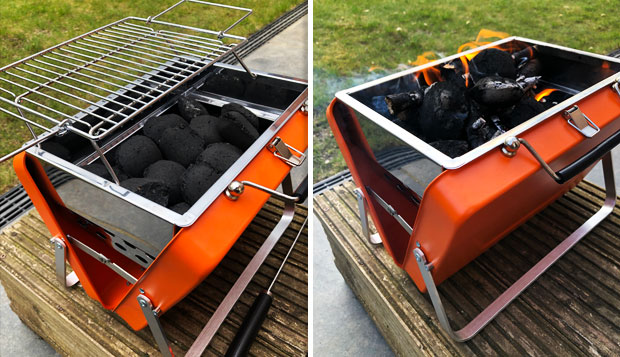Keeping Kids Safe When Camping (UK Campsites)
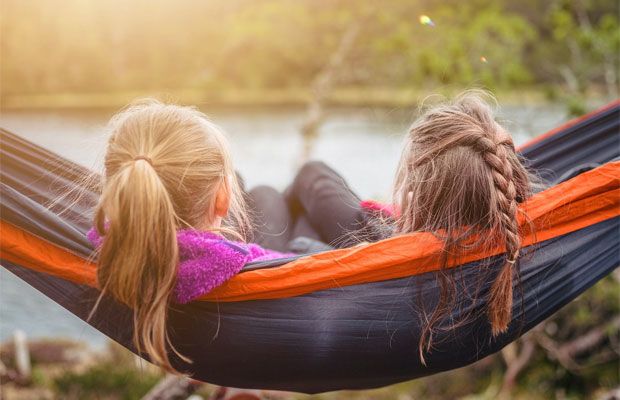
Keeping Kids Safe When Camping (UK Campsites)
If you have never been camping before and you are a parent planning to go camping with your kids, one of your concerns might be your children’s safety. It’s very natural to worry about the unfamiliar but hopefully this article can help calm any worries that you might have.
If you’re going camping in the UK, it’s likely that you will be visiting a campsite as wild camping is not legal in most places (except for Scotland and a few other small exceptions).
Generally, camping on a UK campsite is considered very safe and, having visited quite a few myself with children, I agree but just like anywhere else you go, there could be dangerous people present or areas that are not safe for children to go on their own. This is why it’s important to have some rules in place with your children to keep everyone safe and happy while camping.
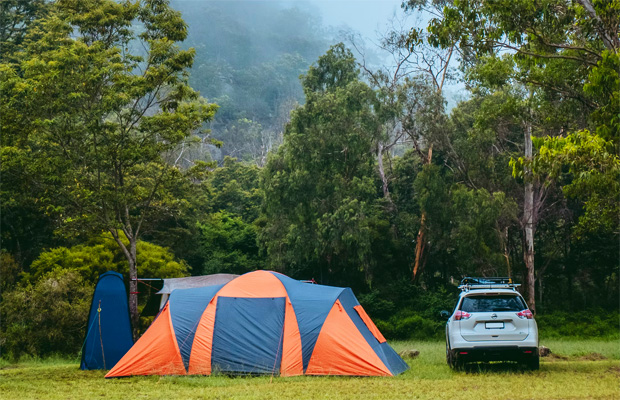
- Distinguish Your Family’s Area
Once you have set up your tent, show your children what counts as your family’s little area. Perhaps you have a picnic table, or your own table set up outside the tent or a camping wind breaker set up around the tent. Talk to your children about staying in your own area unless otherwise agreed. Obviously, young children need to be supervised at all times, but older children will enjoy a bit of freedom playing in the space outside and around your tent. As long as they know to not go any further, this should be perfectly safe.
Sometimes this area might be very small if you’re on a busy campsite where the tents are close together, whilst on some occasions you might be able to enjoy an area the size of a garden to yourself which is great as you don’t need to worry so much about your children disturbing other campers.
Speaking of which, another chat that is important to have is to talk to the kids about not going in other people’s spaces – near their tents etc. Unfortunately, we have sometimes had kids kicking footballs onto our tent (repeatedly) and walking so close to our tent that they’re tripping over our guy lines, and this shouldn’t happen. Everyone should respect each other’s personal space and not disturb each other, whether they are kids or grown-ups!
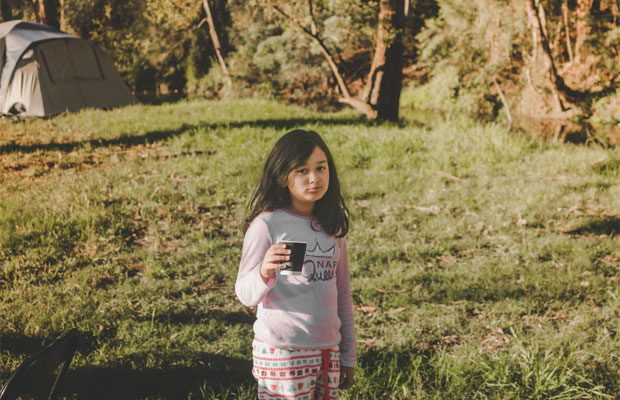
- Toilet / Shower Visits
You will know your children best of course and will be able to judge whether they can go to the campsite toilet and shower facilities on their own or not. This will depend on several factors. As well as your child’s age, confidence, and abilities, the distance from your tent and the security of the facilities will impact your decision too. Some campsites have a key card for the toilets and showers, some do not. Some have locks on the shower cubicles, while others have just a shower curtain. Once your child is old enough to visit the toilets and go for a shower at the campsite on their own, talk to them about how to keep safe doing things like this independently. A good general rule is not go anywhere without telling a parent.
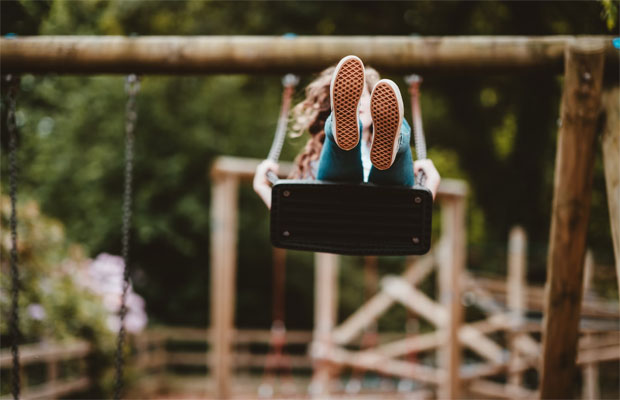
- Play Excursions
Many campsites in the UK have a playground or other entertainment options for kids – perhaps a small arcade or a football field etc. Just like with toilet and shower visits, there are similar factors to consider. When you feel that your child is mature and responsible enough to walk around the campsite on their own to visit play areas, then chat to them and put down some ground rules – such as areas to avoid, where they are allowed to go, and when they need to be back at the tent.
It’s a good idea to make sure your child has a watch so that you can decide a time that they need to return by (you can even set an alarm for them), and you can also give your child a basic phone to take with them or get some walkie talkies to use on the campsite. If children are going out to play in a group talk about looking after your siblings/friends to make sure everyone is safe and to not leave anyone behind.
Camping is a wonderful experience for children, and they’ll love having a bit of freedom to explore the surroundings independently in an age-appropriate way when they are responsible enough to do so safely.
